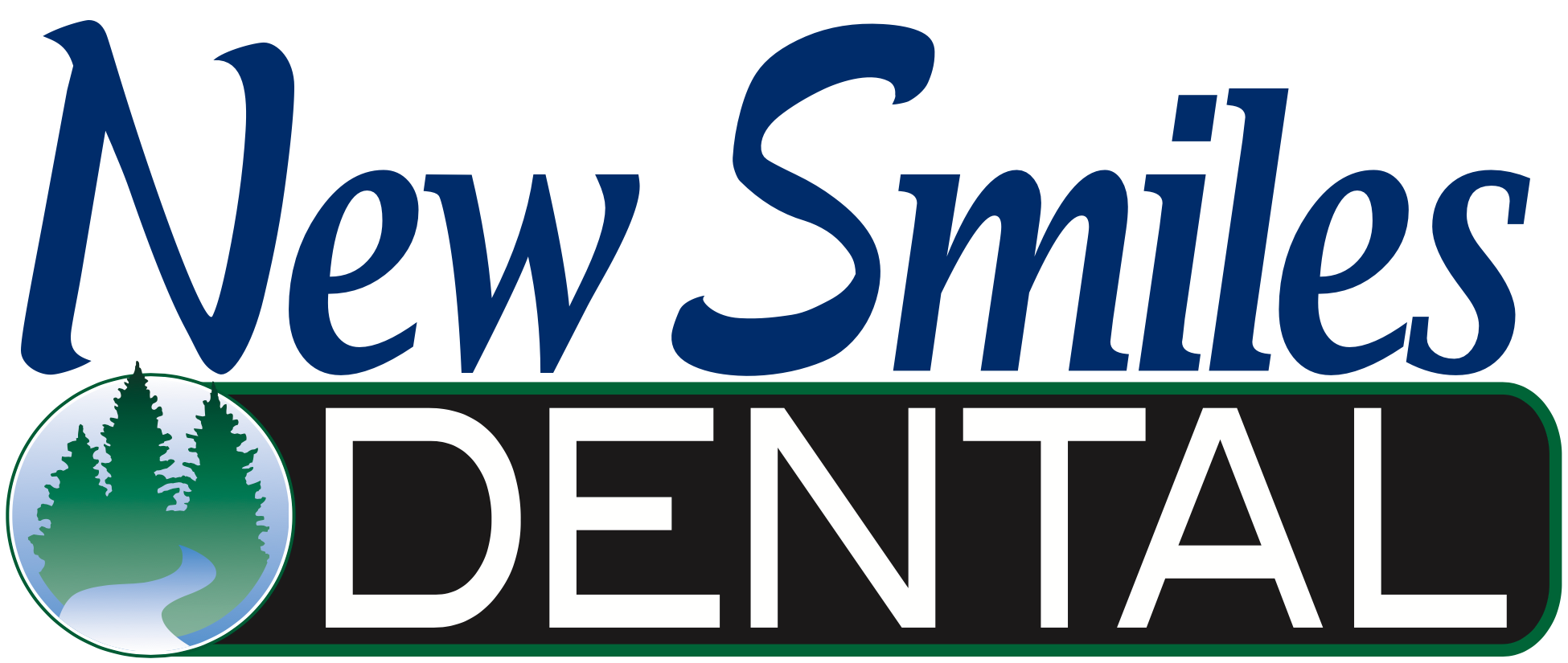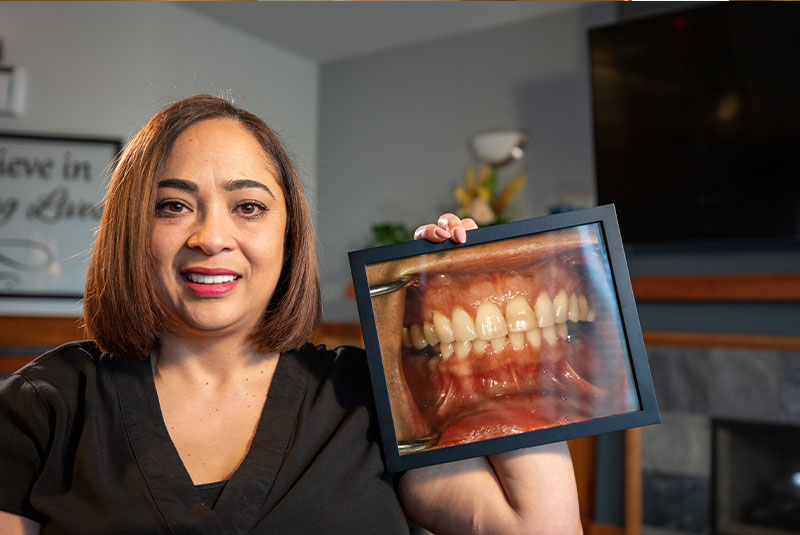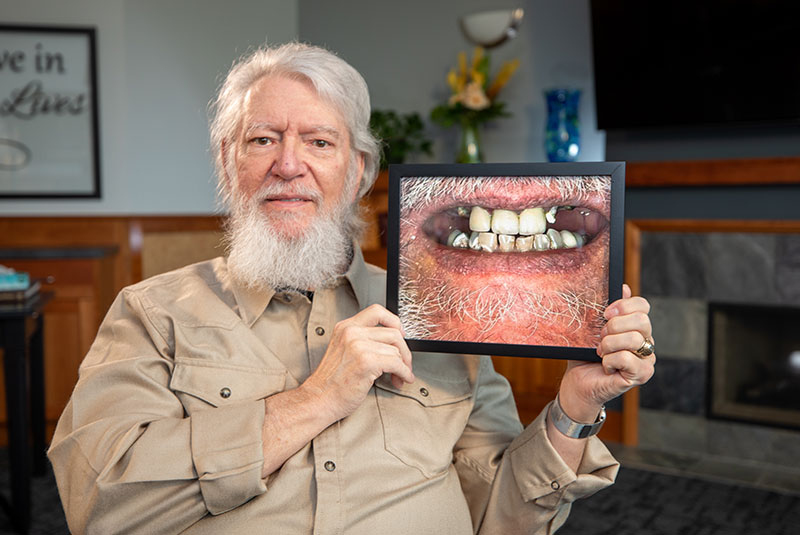Indemnity or UCR plans are the most common insurance programs. The initials UCR stands for Usual, Customary and Reasonable. In these programs you may find a dentist of your choice and the dentist is paid on a traditional “fee for service” basis. Monthly premiums are paid to the insurance company by employers. Indemnity plans often pay for services based on a variety of fee schedules. These plans often have a pre-determined deductible, a dollar amount which varies from plan to plan, that the patient must pay before the insurance carrier will begin paying for care. Once the deductible is met, then the insurance pays a customary 50% to 80% of the insurance company’s UCR fees. Leaving 20% to 50% or more of the total fee to be paid by the patient.
Unfortunately, UCR rates are often arbitrarily set by the insurance company and are not representative of local dentists’ fees. In fact, it is not unusual for the same insurance company to pay different UCR fees to the same dental office, depending on the plan purchased by different employers. This means insurance companies often have different UCRs for the same geographical area and for the same group of dentists. The American Dental Association considers this dishonest and has taken legal action against the larger insurance carriers.
Often insurance carriers set the UCRs far below the area’s usual professional fees, so patients may wind up paying more out-of-pocket. These insurance companies send out an “Explanation of Benefits” letter to patients with claim-denial language that states: “the provider has charged excessive and unreasonable fees”, when in fact the fees charged are below the average for the geographical area. This is very misleading to patients and the American Dental Association has filed several law suits in 2002 alleging that insurance carriers have interfered with the dentist-patient relationship, and have attempted to influence patient care. Only about 82% of the monies spent on a UCR program goes to actual patient care. The remaining 18% goes to the insurance company.
All UCR programs have limitations and exemptions. This means the contract that you and your employer have with your insurance company almost always covers only lower quality materials and services, which may not be the best treatment choice for you and your family. That is why it is very common for patients to choose dental treatment that their dental insurance won’t full pay for. In addition, all UCR programs have a yearly maximum allowable benefit. Unfortunately, the annual limit of dental insurance benefits hasn’t changed in 40 years. Back in 1960, a typical annual coverage maximum was $1,000. 40 years later it still sits at about $1,000, despite inflation and the cost of living increases. To stay up with inflation, that $1,000 in 1960 would have to increase to about $7,000 today.
The benefits have remained the same, while the premiums and costs of services have greatly increased. And most insurance plans often exclude new treatments they can label as discretionary; even common treatment such as implants, veneers, white fillings, bonding and whitening. In many cases, your insurance company wants you to only consider the cheapest dental procedures. But we believe that you should be able to choose the best, most durable dental treatment and materials for you and your family.
Most insurance companies not only want providers to limit the choice of procedures offered to patients, but the insurance carriers often refuse to share critical information with providers. In addition, any information shared with providers is disclaimed with a non-guarantee statement. Meaning insurance companies reserve the right to mislead providers with false, out of date information or change information after sharing it with providers. So it is always best for you to call your insurance carrier to verify your benefits or to inquire about coverage.
The staff at New Smiles will be glad to share with you the procedure codes you will need to provide to your insurance company in order for you to estimate your patient portion. Our staff is glad to attempt an estimate for you, but because of misleading tactics of insurance companies those estimates cannot be guaranteed. Other tactics used by UCR plans is what is called delay tactics. The most common delay tactic is refusing to pay for treatment without completely unrelated x-rays. For example they may refuse to pay for treatment completed on a patients upper right teeth without x-rays of the lower left teeth. These tactics used by insurance companies cause an increase in expenses resulting in higher cost to the patient.













